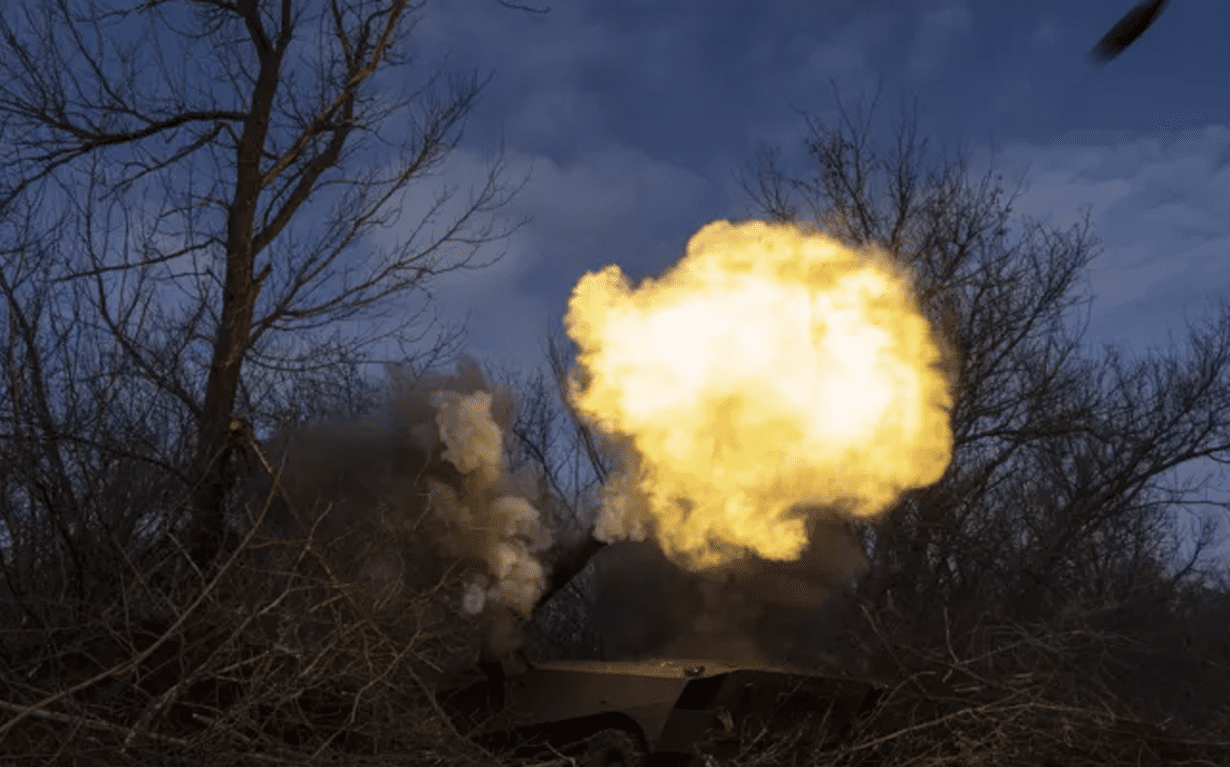- An Interview with Irina Busygina, Harvard’s David Centre
- Mariliza Adonopoulou, Liberal, March 17, 2023
How does Putin continue to dominate Russia, while continuing a war that we in the West regard hard and unfair? To understand the domestic political narrative in Russia, we reached out to Irina Busygina, of Harvard’s David Centre for Russian and Eurasian Studies. We find her at the Institute for International Relations in Athens, where we also discussed the dominant narrative on the Prigozhin-Kadyrov pair and China’s significance.
Question. Why Is it that we see no reaction anywhere in Russia?
Irina Busygina. Putin secured stability within Russia before launching his war, ensuring there would be no opposition. Russia is the biggest country in the world – in terms of size – and preparations had to cover the whole territory. Mobilisation in remote regions has been disproportionate, but this ensures there is little reaction as people there have neither historical experience nor actual power.
Question. What kind of reforms did Putin introduce domestically.
Irina Busygina. The war came hand in hand with a significant evolution in his public discourse. Never before in the history of post-Soviet Russian have we seen so many institutional reforms carried forward with Presidential Decrees and Federal bills. Many of these laws targeted civil society and independent journalism, aiming to preserve citizens’ support for the so-called “special operation.” That is why there is a law against the defamation of the army and it is now a legal requirement for freedom of speech to accommodate to the official line. Many organisations have been classified as undesirable-unwelcome with the introduction of a “foreign agent” legislation. When one sees the cumulative effect of these reforms, the impact is enormous.
Mass propaganda begins at kindergarten, targeting children rather than adults. Soviet-style organisations are being reintroduced.
This is the covert war, the existential war launched against the West. The narrative is that Russia is peaceful, noble, and powerful that was forced to attack Ukraine.
Question. How does Putin justify the sanctions and the hundreds of thousands of self-exiled refugees?
Irina Busygina. It is hard to estimate, but some people project that between 500,000 and 1,000,000 Russian citizens have left the country over the last year-and-something. Putin calls them traitors, to justify this exodus. Sanctions are similarly branded as illegal, unilateral, and almost inconsequential, harming those who take measures against Russia.
In general terms, everything is purportedly under control. The role of the state is particularly significant in Russia. The state not only frames discourse but acts as a protector of the people, carer of the people, but also all-seeing of the people…”
Question. So, are the Russians Putin’s victims?
Irina Busygina. To be a victim you must perceive yourself as a victim. The Russians do not perceive themselves as victims and that is a challenge. If those who are in Russia see themselves as victims, they will face a dead end, for there is little they can do to protest, and taking to the streets is not really an option.
This act of sublimation turns their victimisation into something else. The state pronounces victims into heroes. The state says “the number of victims and sacrifices does not matter, as we are constructing a new Russia that will no longer be dominated by the United States.” The hate that is cultivated is towards the United States, not Europe, which is portrayed as merely an American client.
Question. What is the role of Wagner’s Prigozhin and the Chechen President Kadyrov?
Irina Busygina. Yevgeny Prigozhin, the Wagner Group, and the Chechen President Razman Kadyrov came out of the shadows because of the war. They are neither an alternative nor even question Putin. To the contrary, they are instrumentalised by Putin.
Prigozhin and Kadyrov live on Putin’s margins. They are the wars’ black creatures. On the other hand they are not a menace for Putin, but provide the impetus for his radicalisation, his unyielding thrust no matter how many casualties are borne. The are dangerous because they are hard, without principles or limits.
To the question “why are we not winning this war?” Putin will often say “we do not want major casualties, so we move gradually.” Then comes Prigozhin and Kadyrov and say “we care little of casualties, let’s hit critical infrastructure, let’s kill children.” The two of them make Putin look as if he has a humanitarian side.
There is a personal union between Putin and Kadyrov. Kadyrov is funded by Putin to keep Chechnya stable, “in order,” so that it causes no trouble to Russia.
The relationship between Putin and Prigozhin is different. Prigozhin became known for military operations outside Russia. He is not a systemic player and no one knows with whom he is institutionally associated with. This is a private mercenary group that recruits prisoners, illegally. They have suffered significant casualties and they are now turning to youth for recruitment.
Prigozhin and Kadyrov are instrumentalising not merely those who want Russia to win, but also those who want a swift end to the war, irrespectively of the number of casualties.
Question. How long can Russia last in this war?
Irina Busygina. Russia can withstand the war for long, mainly because of its size and its resources. The Russian economy will not collapse. This is a country that accumulates problems but does not collapse. Putin is not questioned on a personal level. There is social dissatisfaction, which is likely to surge, but this will not be articulated.
Different elites are suspicious of one another and cannot consolidate their opposition to Putin. That is the case among regional governors as well. Putin divides and rules, disabling the prospect of strategic coordination among his foes.
He is very much alert to dissuade the emergence of a true foe. We saw what he did to Khodorkovsky. As soon as he passed a red line and became a politician rather than an oligarch, he imprisoned him, dissolved Yukos and sold its assets piece by piece. He did the same to Navalny, who is an insanely courageous person. Who chose to return to Russia and face imprisonment.
Question. The relationship between China and Russia?
Irina Busygina. Before the war the relationship between the two countries was workable. China was not interested in funding the regional integration of the post-Soviet space, but Russia did benefit from the construction of Belt and Road Initiative infrastructure.
So, in a way there was an political-economic balance. With the annexation of Crimea, Putin declared his intention to pivot to the East. Who was his most important ally in the East other than China? Many talked about a marriage of convenience at the time. However, this widens the asymmetry between the two countries.
Putin speaks differently to different audiences. When he engages Europeans he speaks of Great Russia and ending NATO enlargement. When he addresses China, he take another tone. Russia can only be the junior partner in that relationship. China is for the moment Russia’s only hope. This war is in many respects global and the worst thing that can happen to Putin is for him to distance himself from China.



